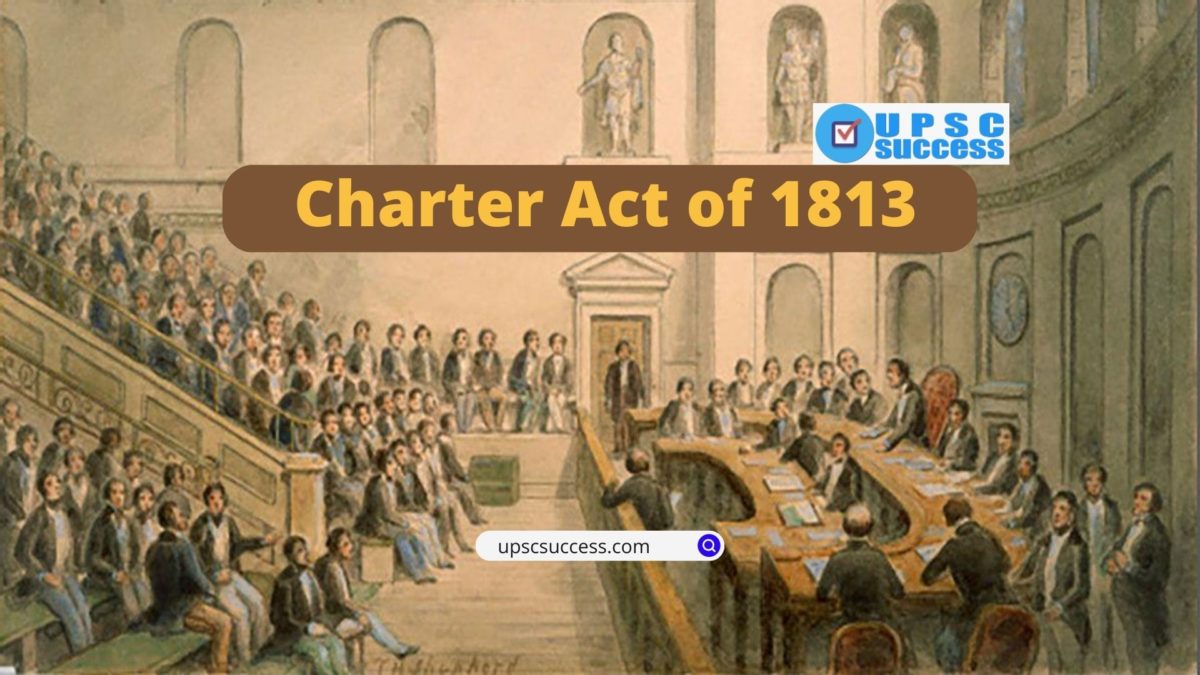The Charter Act of 1813 was a significant piece of legislation passed by the British Parliament that had far-reaching implications for the governance of India.
The Charter Act of 1813 was an Act of the British Parliament that renewed the charter of the British East India Company. The Act was enacted on 10 May 1813 and came into effect on 22 April 1814. This Act was significant as it brought major changes in the administration and governance of the company.
The three most important pieces of information given in this answer are:
- The Charter Act of 1813 was an Act of the British Parliament that renewed the charter of the British East India Company.
- The Act was enacted on 10 May 1813 and came into effect on 22 April 1814.
- The Act brought major changes in the administration and governance of the company.
The Charter Act of 1813 marked a significant turning point in British policy towards India. It abolished the monopoly of the British East India Company over trade with India and opened the door for Indian merchants to trade freely with the British Empire. This act was also important because it marked the beginning of a shift towards a more paternalistic approach to governance in India.
One of the most significant provisions of the Charter Act of 1813 was the creation of the Indian Education Commission. This commission was tasked with studying the educational needs of India and making recommendations for the establishment of schools and colleges throughout the country. This was the first step towards the modernization of education in India, which would ultimately lead to the establishment of universities and other institutions of higher learning.
Another important provision of the Charter Act of 1813 was the establishment of a bishopric in India. This move was significant because it paved the way for the establishment of Christian missionary schools and hospitals throughout the country. The British government believed that spreading Christianity would help to civilize the people of India and make them more amenable to British rule.
Why was the Charter Act of 1813 passed?
The Charter Act of 1813 was passed for several reasons. One of the main reasons was to renew the East India Company’s charter, which was due to expire in 1814. Another reason was to address the growing concern in Britain about the company’s activities in India, particularly the issue of corruption and mismanagement.

